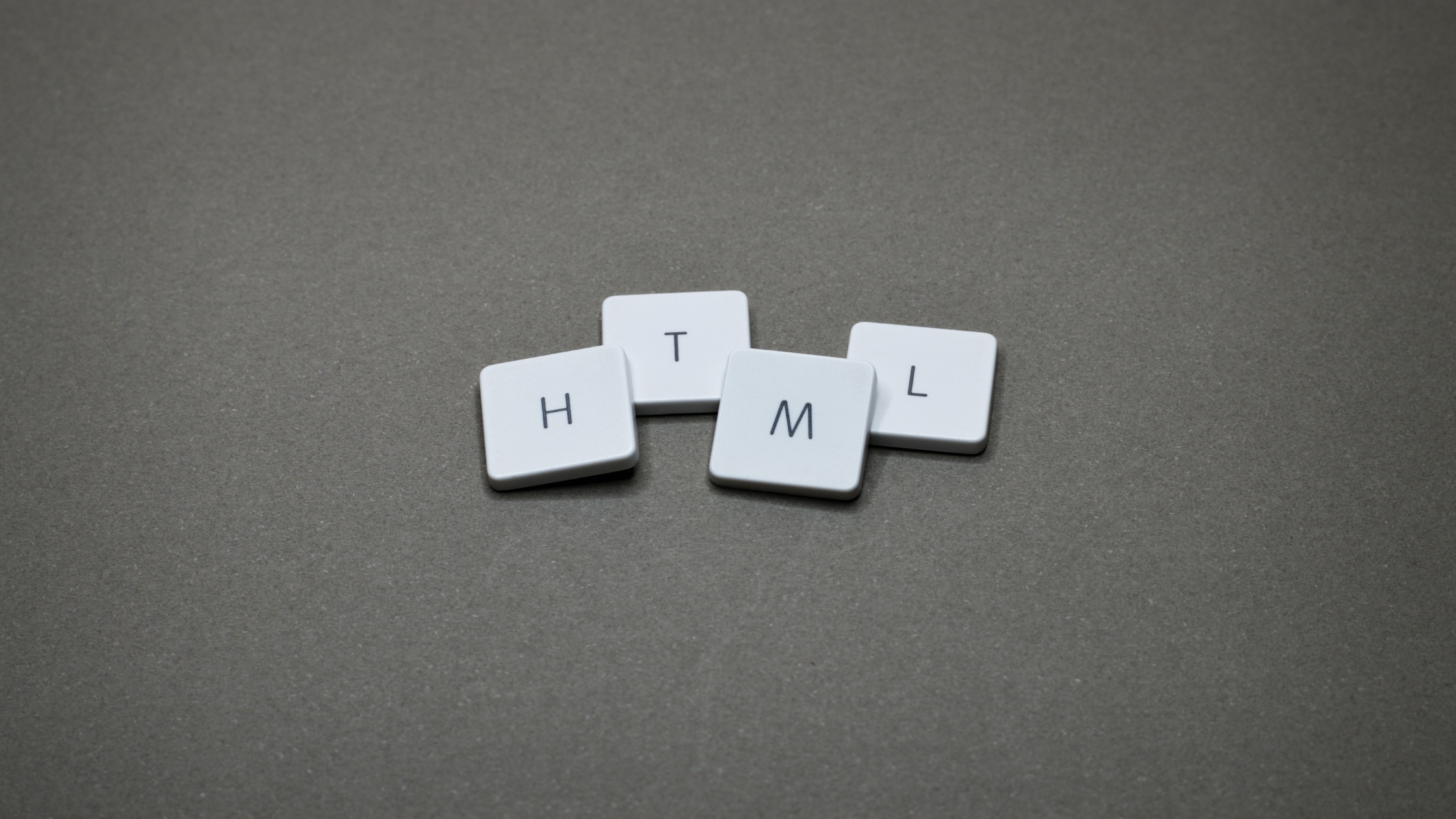The integration of machine learning (ML) with blockchain has always faced a critical challenge: balancing computational efficiency with privacy. Zero-Knowledge Machine Learning (zkML) is emerging as a groundbreaking solution, enabling privacy-preserving AI while maintaining security and scalability.
As Web3 evolves, zkML stands at the forefront of a new wave of decentralized intelligence, making it a key innovation for people to explore.
Understanding zkML: A Convergence of ZK Proofs and AI
zkML leverages Zero-Knowledge Proofs (ZK proofs) to validate ML model outputs without revealing the underlying data or model weights. This cryptographic approach ensures that AI computations remain verifiable and secure, even in decentralized environments.
Traditional AI models rely on centralized servers, which create vulnerabilities such as unauthorized access, data breaches, and manipulation risks. In contrast, zkML ensures that ML models can function in a trustless and decentralized manner, where neither the input data nor the model itself is exposed. This allows AI computations to be carried out on encrypted data, ensuring both privacy and correctness.
zkML: The unlikely union between zk Proofs and ML
Moreover, zkML strengthens machine learning security by enabling verifiable computations without compromising proprietary AI models. Organizations can deploy AI-driven services on blockchain networks while maintaining data sovereignty, ensuring that users retain control over their sensitive information. This fusion of ZK proofs and AI is particularly beneficial for industries requiring high privacy standards, such as finance, healthcare, and digital identity solutions.
Key Benefits of zkML in Web3
1. Privacy-Preserving AI
One of the biggest advantages of zkML is that it allows AI to process data without revealing the original information. This is crucial in Web3 when dealing with sensitive data such as financial transactions or personal information.
zkML can enable DeFi protocols to analyze credit scores or detect fraud without requiring access to users’ raw data. For instance, Aleo, a privacy-focused blockchain, is developing AI solutions that leverage zk proofs to process data securely.
Zero-Knowledge Proofs for Privacy-Preserving AI in zkML (Source: Altoros)
2. Decentralized and Verifiable AI
In Web3, data verification is critical for ensuring transparency and trustlessness. zkML allows smart contracts to validate AI-generated outputs without revealing the entire model or input data.
A DAO can use AI models to assess investment proposals without exposing confidential details of each project. Chainlink can integrate zkML to provide verifiable and secure data to smart contracts without revealing internal computations.
3. Scalability and Efficiency
ZK proofs reduce computational overhead on the blockchain by submitting only verified results instead of entire datasets. This lowers gas fees and speeds up transaction processing.
Scaling solutions like StarkNet and zkSync use ZK proofs to cut down on gas costs and improve dApp performance. zkML can leverage these technologies to deploy AI more efficiently on-chain.
4. Compliance and Security
zkML helps businesses comply with data protection regulations (such as GDPR and HIPAA) by allowing AI to process data without storing or sharing raw information, reducing legal risks and enhancing security.
Financial platforms can use zkML to verify customer identities without storing sensitive personal data in centralized systems. Audit firms can validate AI models’ accuracy without accessing their original training datasets.
Zero-Knowledge Machine Learning(ZKML) is Revolutionizing Privacy in Finance (Source: Javier Calderon Jr)
Use Cases: How zkML Is Transforming Industries
1. DeFi and On-Chain Risk Analysis
In traditional finance, banks assess your credit score before approving a loan. They check your financial history, income, and debts. In DeFi (Decentralized Finance), things work differently. Most lending protocols either require no verification (which increases risks) or force users to reveal their entire transaction history, which is bad for privacy.
With zkML, DeFi lending platforms can evaluate a user’s creditworthiness without seeing the actual financial data. Instead of exposing sensitive details, the system generates a mathematical proof that confirms whether a person meets the requirements.
For example, Aleo is a blockchain that uses zkML to analyze credit scores privately. When someone applies for a crypto loan, Aleo’s system checks their financial trustworthiness without revealing their wallet history.
2. Decentralized Identity and Authentication
When you sign in to a website with Google or Facebook, those companies store your personal data (name, email, activity history). If their system gets hacked, your information is at risk.
For KYC (Know Your Customer) processes in banking or crypto exchanges, users need to upload passports or IDs. This is a huge privacy risk if the company storing that data gets hacked.
With zkML, users can prove their identity without revealing personal details. Instead of uploading a passport, the system verifies that your identity is valid without storing sensitive information.
For example: Worldcoin is a blockchain project using zkML for private identity verification. Users scan their iris (eye) to prove they are real humans, but the actual scan is never stored. Instead, zkML generates a proof that confirms, “Yes, this is a unique person” without revealing who they are.
World ID by Worldcoin – A privacy-preserving identity verification system using zkML.
3. Blockchain-Based AI Marketplaces
Today, most AI models (like ChatGPT, Google Bard) are owned by big tech companies. If you want to use them, you must trust the company to be fair, but you don’t know exactly how their AI works or whether your data is being stored.
In a decentralized AI marketplace, multiple AI models can compete without a central authority controlling them. However, there’s a challenge:
- How do you ensure that an AI model is legit without exposing its entire algorithm?
- How do developers sell their AI models without revealing their secret formulas?
zkML allows AI models to be used and verified without exposing their internal logic. This means:
- AI developers can sell their AI services without fear of someone copying them.
- Users can verify that an AI model is working without knowing exactly how it works.
For example: Fetch.ai is a decentralized platform where AI models run on the blockchain. zkML ensures that users can trust the AI without needing to see how it works. Developers get paid fairly without centralized control from big tech companies.
Conclusion
As the Web3 space continues to evolve, zkML is emerging as a critical innovation, offering unparalleled security and privacy for AI-driven applications. Whether you’re a CTO optimizing AI infrastructure, a developer building the next-gen dApp, or an investor seeking disruptive opportunities, zkML is a space worth watching. The future of AI and blockchain is privacy-first, and zkML is leading the way.
At Twendee, we specialize in blockchain innovation, helping businesses integrate advanced technologies like zkML into their ecosystems. If you’re looking to explore privacy-first AI in Web3, our experts can guide you through implementation strategies tailored to your needs.
Read our latest blog: AI-Driven Chatbots on Blockchain: Enhancing User Interaction or connect with us on Twitter and LinkedIn.





